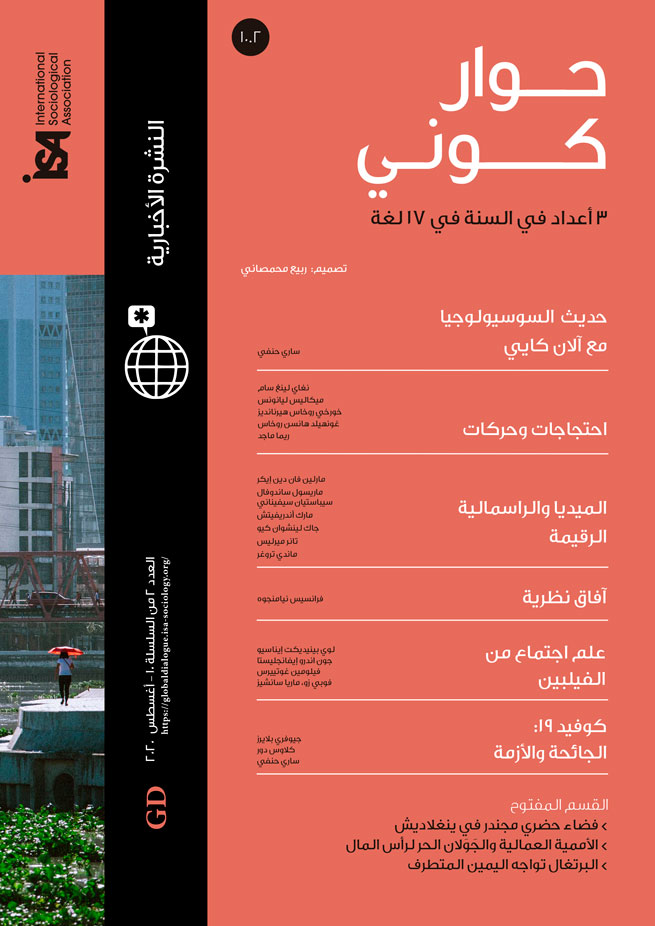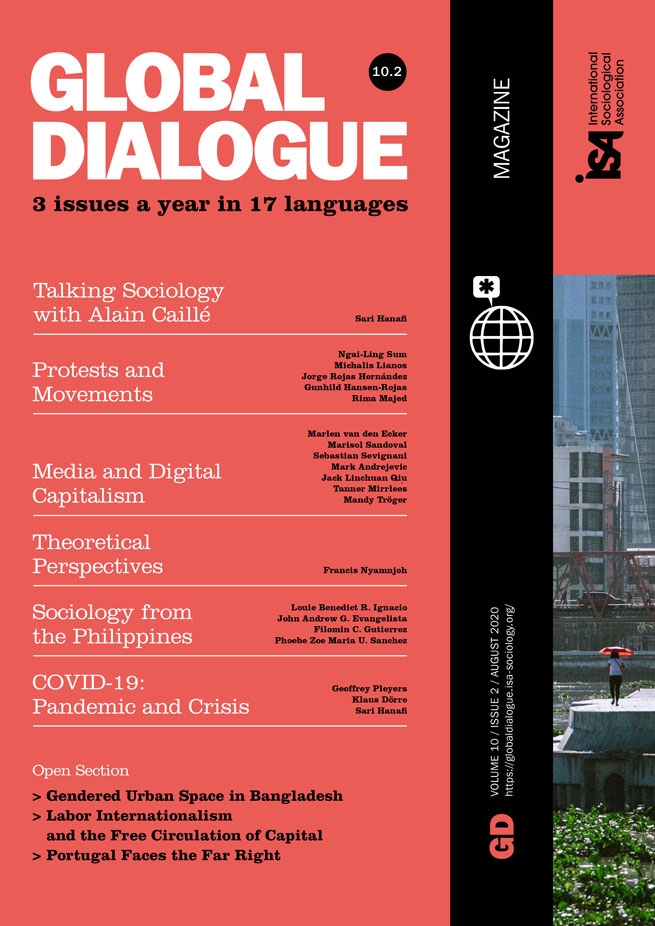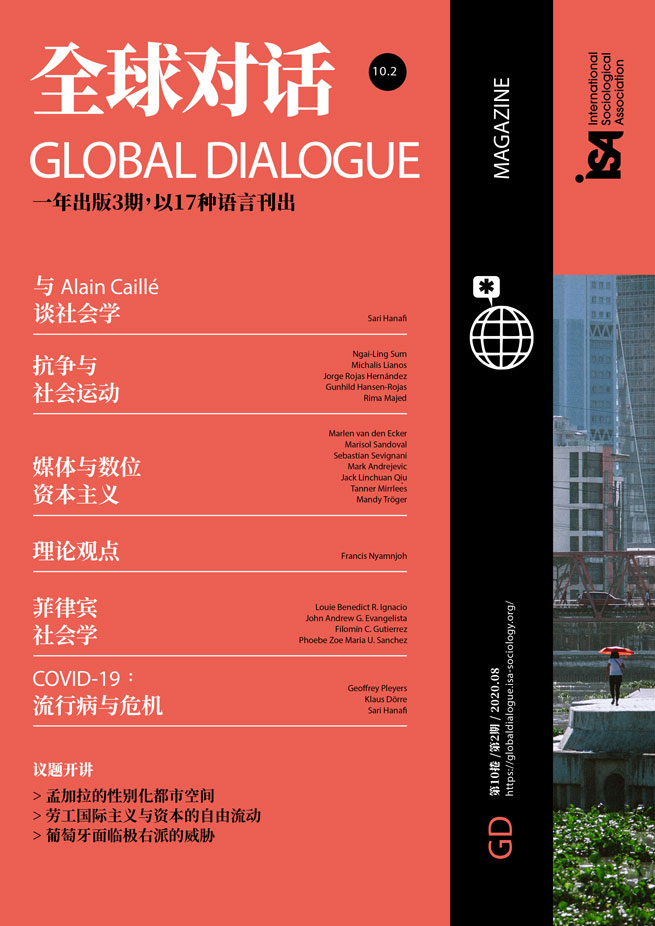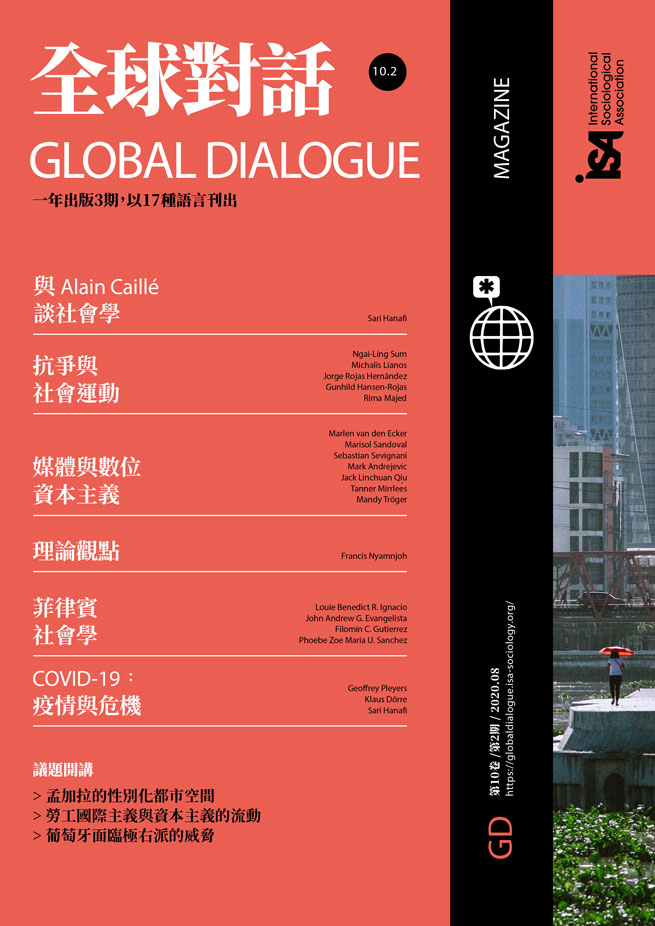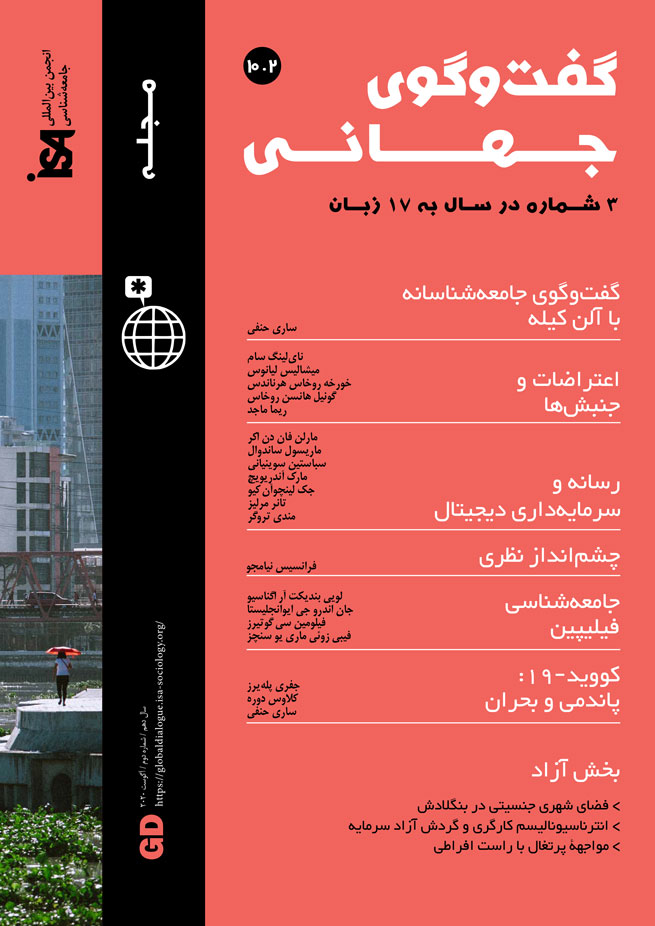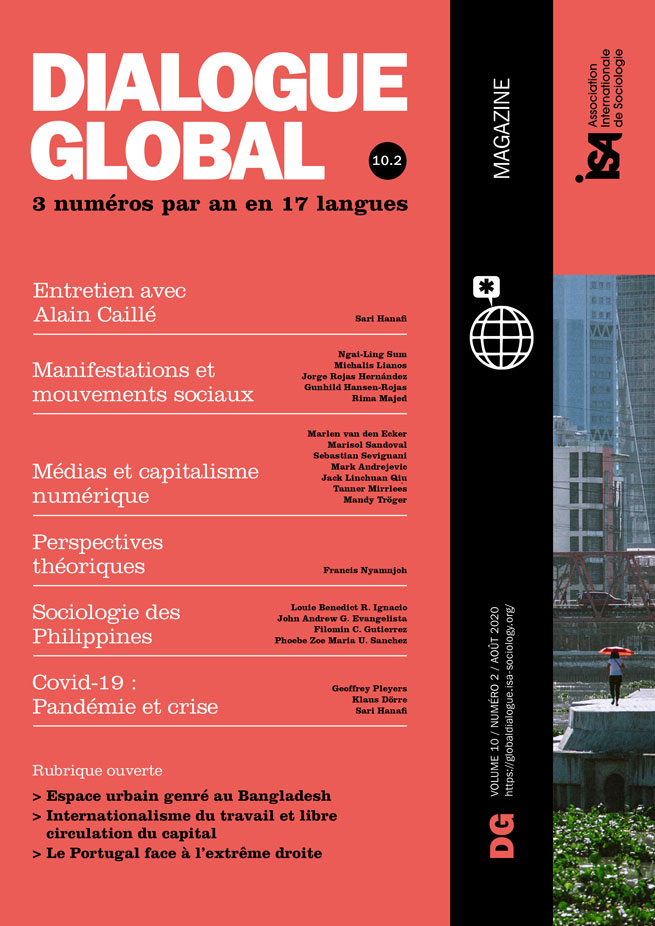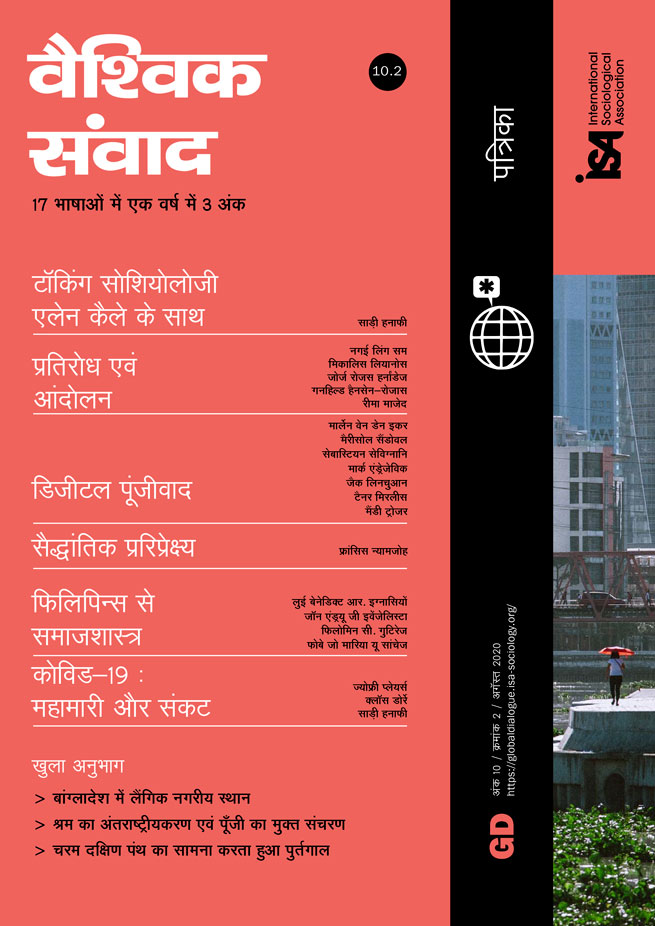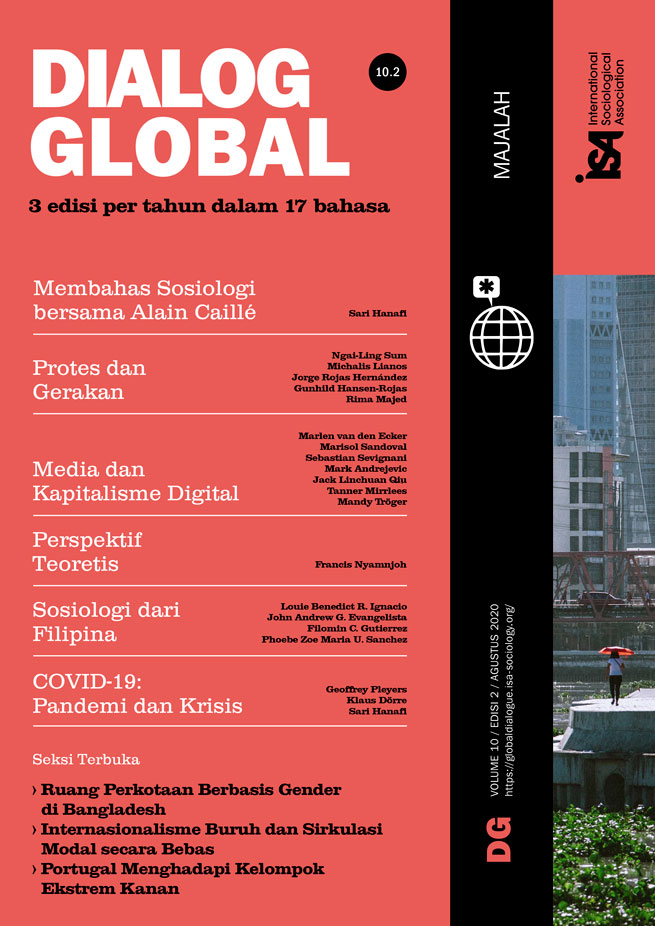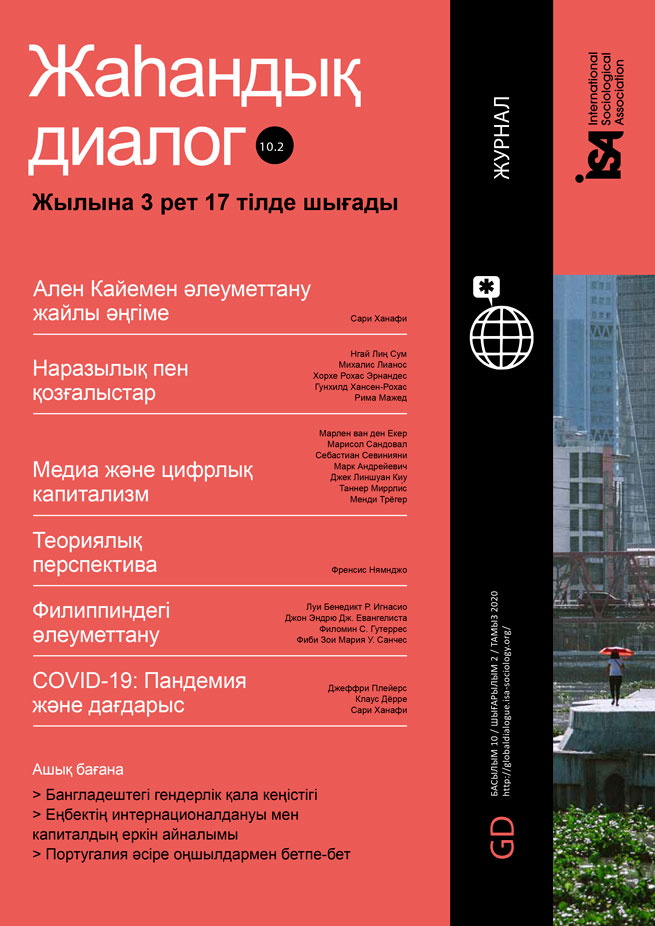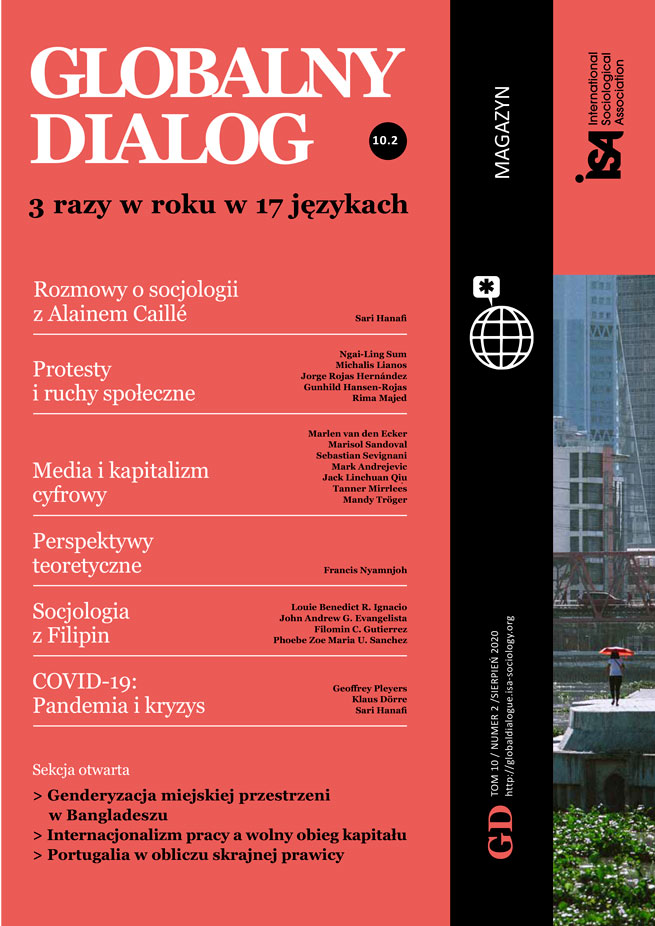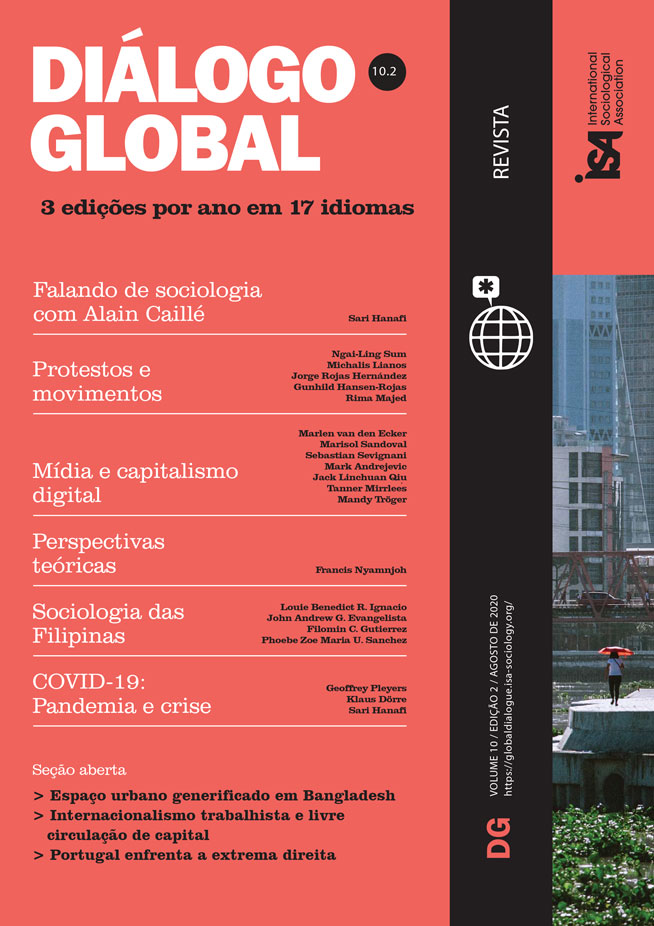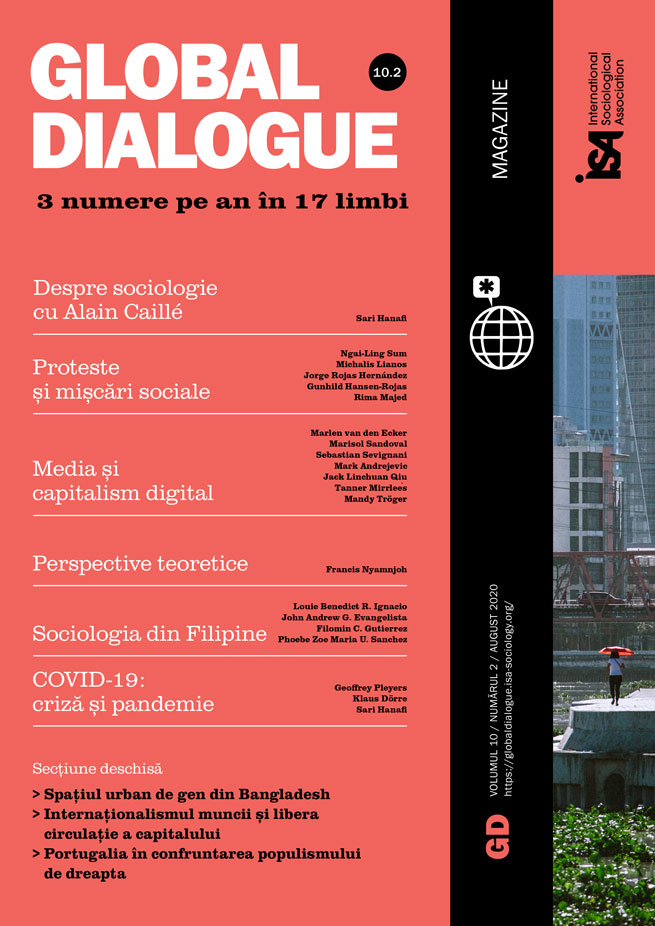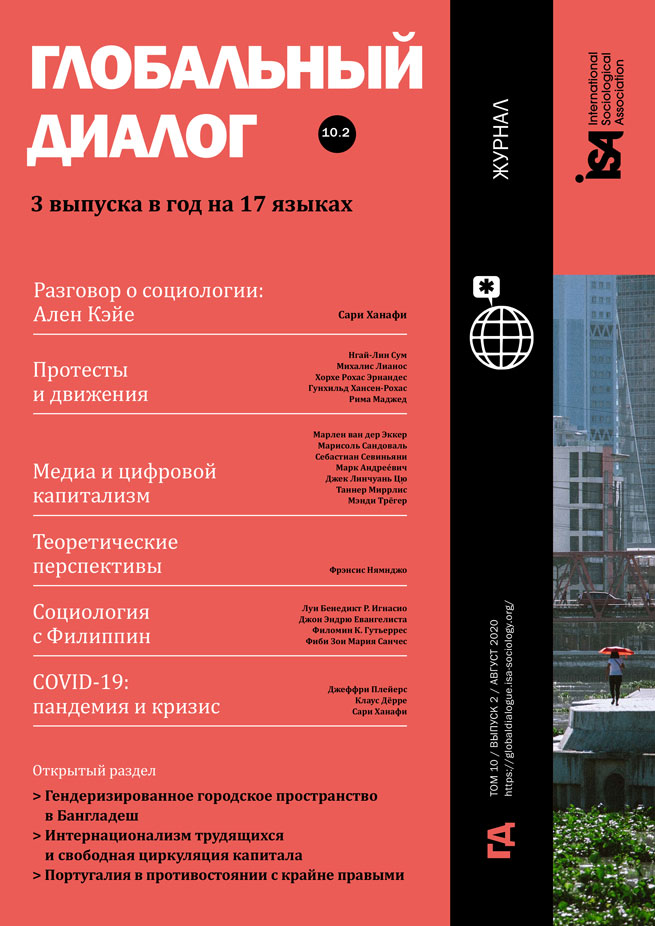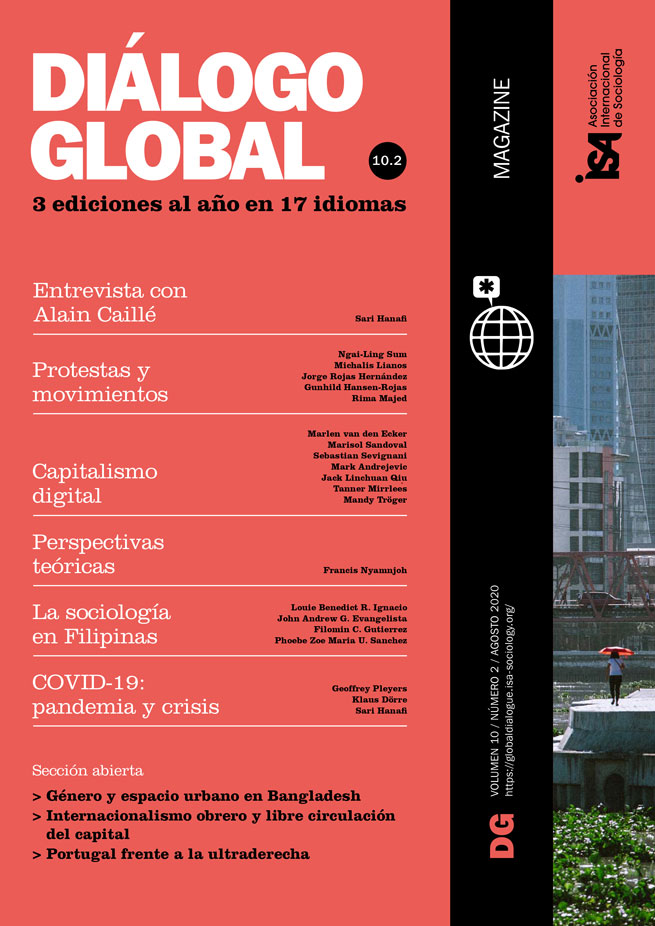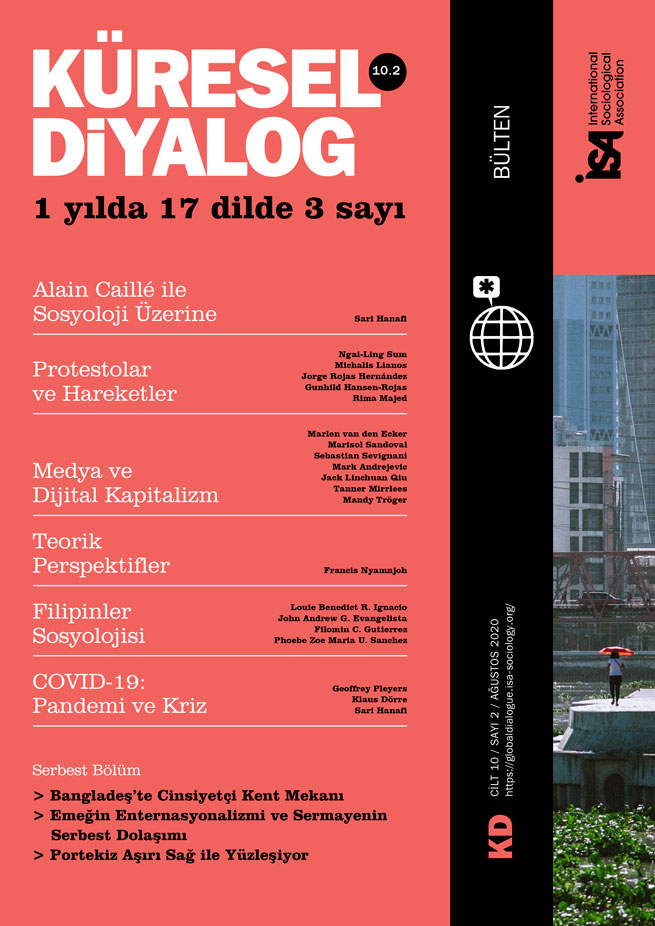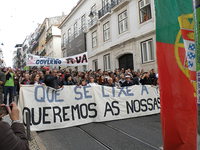Gendered Urban Space in Bangladesh
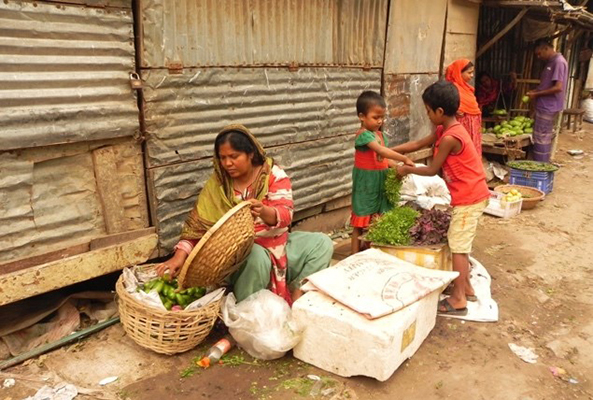
June 26, 2020
The fastest growing megacities in the world are failing to provide support for livelihoods for the urban poor. Consequently, informality, which refers to activities that largely remain unrecognized by “formal” regimes and includes both housing and livelihood practices, is a large part of the economies of the Southern cities. Poor people depend on the informal sector for earnings, often with ambiguous legal status. The informal economy provides 60 to 80% of urban jobs and up to 90% of new jobs in many cities. Dhaka, a Southern megacity, is no exception. Except for those engaged in the garment sector and other low-paid jobs, the majority of slum residents in Dhaka do not have access to formal economic opportunities. Existing research shows that most government planning and development strategies in Dhaka have focused more on infrastructure and real estate development to cater to formal economies and elite housing needs, and less on addressing the housing and employment needs of the urban poor. Hence the informal sector has become the most important livelihood option for the poor. However, informal traders experience many challenges in using public space in Dhaka for livelihoods.
Among the numerous barriers imposed by informality on income earning opportunities are the barriers to accessing public space to conduct businesses, including in locations close to the dwellings and settlements of the poor. A number of studies around the world have explored the importance of public space for vending activities and revealed that access to public space for livelihoods is very important for the urban poor in the Global South. Yet, in most cities of the Global South, urban planning and governance practices have not left any space for the growing number of urban poor. In addition, due to continuous population growth, originating mostly from rural-urban migration, and the demand for land for real estate development, pressure on land is very high. As a result, access to public space is one of the main challenges for future livelihood research in megacities.
Urban space is socially constructed: different actors have different interests, needs, and desires and differential power to dominate space. As the appropriation of public spaces for selling products is formally illegal in Dhaka, the urban poor are regularly evicted from public spaces, in violation of livelihood security and their right to the city. Another persistent problem is the gendered use of space. The discourse on space and gender has changed considerably since the 1970s, with the breaking down of the old construct of public man and private woman, due to women’s frequent access to and use of urban public space. Nevertheless, access to public space for earning an income is still an issue for women. Access to public space for women depends on social norms, values, religious practices, and socially as well as culturally determined gendered vocations. Poor women’s participation in Dhaka’s informal economy is important to the survival of poor households living in the slums, as a single income is normally not sufficient to maintain the family. Yet, poor women’s access to public space is often constrained, as dominant gender ideologies still see women’s place as being at home.
Although most studies on South Asian cities reveal poor women’s engagement in home-based work, a few studies have explored women’s use of public space for livelihoods. I conducted an ethnographic study in Sattola slum in Dhaka to explore the gendered aspects of the appropriation of urban public space for livelihoods. I carried out fieldwork for four months from November 2015 to February 2016 and interviewed 94 informal workers (18 women and 76 men). My findings illustrate how women bear the triple burden of social stigma, religious barriers, and patriarchy in accessing public space to earn an income.
My research found that most women in Sattola were not engaged in any income-earning activities; these are discouraged by the religious norms of purdah – a Muslim custom that restricts women’s movements, clothing choices, and work activities. Engagement in outdoor income-earning activities is also regarded as a sign of extreme poverty. As a result, only 3% of rural women work in wage employment in comparison to 24% of rural men; and women’s participation in the paid, non-agricultural sector is 18%. This is because women’s paid labor is not valued as much as their reproductive roles in caregiving and other domestic duties. Women, even elderly women, who had broken these gendered boundaries and gone beyond their homes to earn an income faced sexual and verbal harassment and other types of harassment and maltreatment. Men spoke ill of their character for breaking social norms. Most participants, who were engaged in informal trades, had experienced this even though they sold goods and vegetables sitting near their homes on a daily basis. For example, one of my research participants said, “As I am a woman who is doing business, many people speak ill. Still after that I have to run this shop to educate my children.” Another participant said, “When I sell tea, some men irritate me. They sometimes touch my body to harass me.” Some women simply ignored other people’s opinions as they were too poor and vulnerable to pay heed to them. As a boiled egg seller said, “Different people have a different mentality and I don’t care about that.” Very often poor women operated businesses on the streets because they had no other alternatives to earn a livelihood. For example, Moyna’s husband was sick and unable to do any work, and her son was a drug addict and did not live with them, so she had to operate the business. When the officials of Bangladesh Medical Research Council (BMRC) evicted them from the adjacent sidewalk of BMRC, she started selling on the main street of Sattola slum in Dhaka.
My study further found that many women face extreme sexual harassment by men. If women circulate in a particular space to sell goods or food, sometimes men treat them as “sex workers.” As a result, most female participants who operated businesses outside the slum were accompanied by their older brothers, neighbors, husbands, or children. For example, when Tahera began a flower business, her Noakhali neighbor would accompany her so that she did not experience verbal and sexual harassment by other men. It is often argued that women’s employment and earnings would empower them. Yet this seems to be a myth for the poorest women of Dhaka where their (physical) security depends on having a male companion.
The government of Bangladesh is proud of its achievement in ranking 47th among 144 countries in the 2017 Global Gender Gap Report. Yet, the government has mostly focused on improving the lives and livelihoods of rural poor women and has taken steps to provide income-generating training to rural and small-town women. To date, the government and NGOs emphasize women’s “strategic gender interests,” which arise from women’s identification of their subordinate position to men. The government and NGOs also have been working to assist women’s participation in work, providing them with small loans to fulfil their “practical gender interests.” “Practical gender interests” emerge as a response to an immediate perceived need felt by women within a specific context according to their socially accepted roles in society, rather than generating a long-term strategic goal such as women’s emancipation. However, it is necessary to improve urban women’s working conditions and provide other facilities, such as day care centers, that might enable women’s labor force participation. More importantly, the government needs to take steps to ensure women’s physical security and to undertake initiatives to build a safe city first. If the government and NGOs fail to ensure women’s physical security in public spaces, all of their efforts – all the rules and regulations that the government has introduced for women’s empowerment so far – will fail to yield meaningful outcomes.
Lutfun Nahar Lata, The University of Queensland, Australia and member of ISA Research Committee on Urban and Regional Development (RC21) <l.lata@uq.edu.au>

